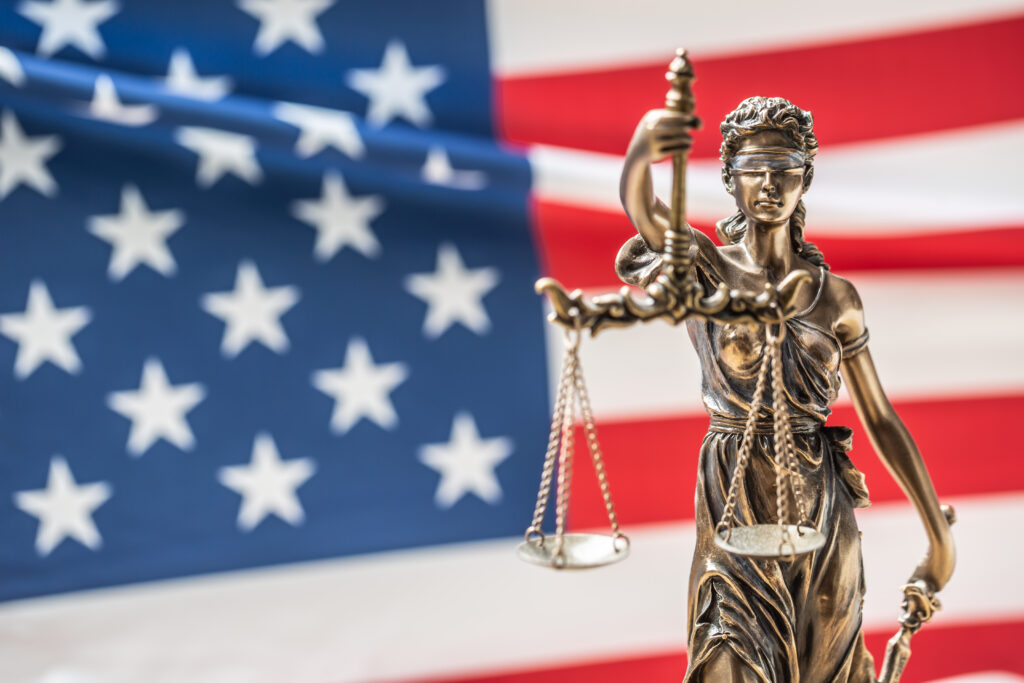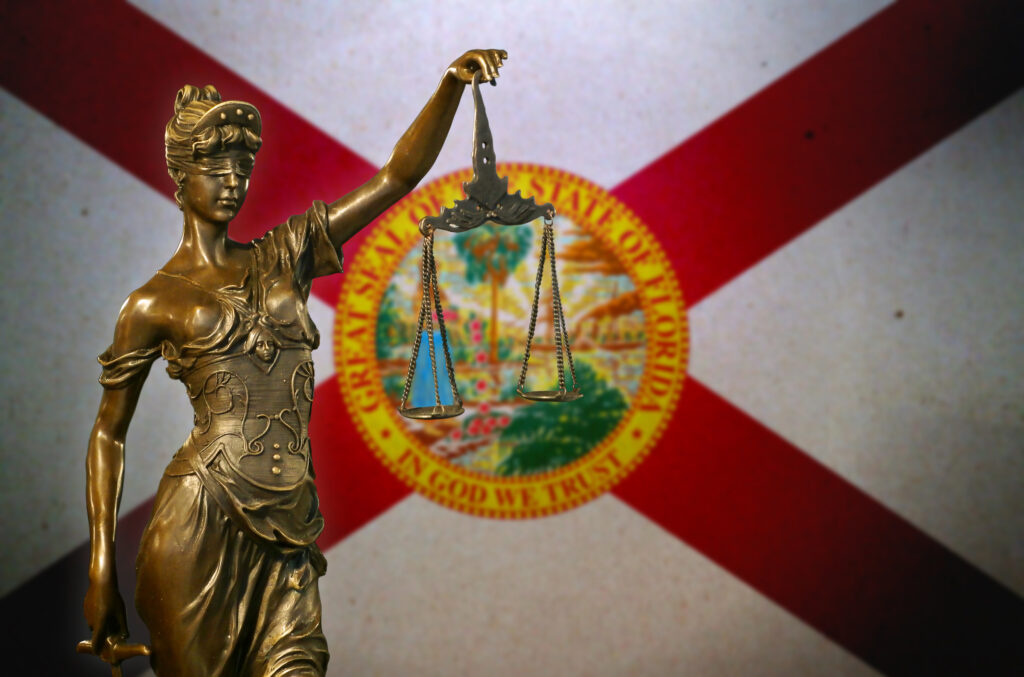A June 12 hearing titled “The U.S. Intellectual Property System and the Impact of Litigation Financed by Third-Party Investors and Foreign Entities” in the House Judiciary Committee’s Courts, Intellectual Property, and the Internet Subcommittee marked a big moment in the ongoing debate over third party litigation funding (TPLF). The hearing witnesses, including retired House Judiciary Committee Chairman Bob Goodlatte (R-VA), George Mason National Security Institute Visiting Fellow Paul Taylor and Law & Economics Center Executive Director Professor Donald Kochan, called attention to the urgent need for federal legislation to increase transparency and regulate the burgeoning TPLF industry, which has grown into a multi-billion-dollar business largely shrouded in secrecy.
TPLF allows hedge funds and other outside financiers to invest in litigation in exchange for a portion of any proceeds. TPLF raises serious concerns about conflicts of interest, ethical dilemmas, and foreign influence on the U.S. legal system. The U.S. Chamber of Commerce Institute for Legal Reform (ILR) is at the forefront of advocating for reforms that would bring much-needed transparency to this industry. ILR submitted a statement for the record at the hearing that discussed the problems with TPLF and why reforms are needed.
The witnesses at the hearing highlighted the risks associated with TPLF, including the potential for foreign actors to use litigation funding as a tool to undermine American interests. The witnesses and Subcommittee Chairman Darrell Issa (R-CA) emphasized that without a uniform federal statute or rule requiring disclosure, TPLF activity in U.S. courts will remain largely hidden, preventing courts and parties from understanding the full scope of outside influence on litigation. During the hearing, Rep. Issa announced his plans to circulate legislation to tackle the problems of TPLF.
Transparency is about ensuring that our legal system isn’t exploited for purposes that run counter to national interests or the fair administration of justice. The lack of disclosure requirements means that judges, defendants, and plaintiffs are often unaware of who is calling the shots and making strategic litigation decisions, including interests tied to foreign governments. As the funders themselves have acknowledged, TPLF makes it harder and more expensive to settle cases because funders want to maximize their return on investment, even at the expense of the plaintiffs they fund.
It is time for Congress to act and pass legislation that will bring TPLF out of the shadows and ensure that our legal system remains a tool for justice, not a playground for investors seeking outsized returns or foreign entities with ulterior motives.
As we move forward, ILR remains committed to working with policymakers, the legal community, and other stakeholders to advance legislation that will protect the integrity of our legal system and uphold the principles of fairness and transparency that are foundational to the rule of law.



